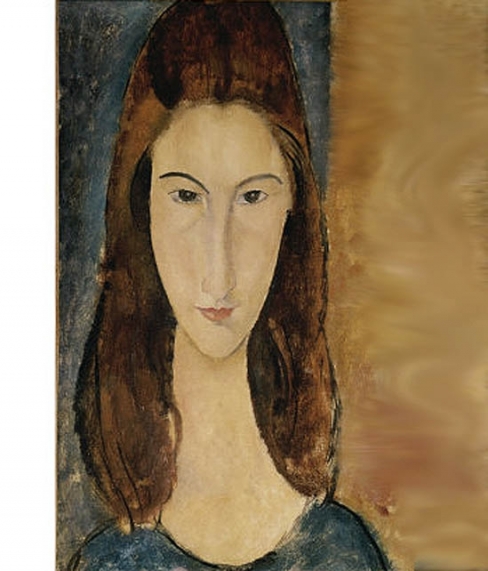Modern Art - Modigliani Articles

"There is much that can be said about those unfortunate men whom life does not treat properly and to whom only death gives the glory they had so wanted to know...One finds them on thrones, in society, among artists, among bourgeoisie, and in the lower classes. Modigliani has his place on this list of grief. His name follows hard upon those tragic ones, Van Gogh and Gauguin."
"A convergence of unhappy circumstances compelled Modigliani to live poorly and to die miserably." "Modigliani's art reflects the psychological secret of his personality as a man, which in turn determines, the characteristics of his art. This longing for intellectual and spiritual self-discipline was constantly struggling with the demands of his overflowing sensual nature; his dreams of physical and sexual vigor were at odds with the failings of his body, his ailments, and his psycho-sexual infantilism; his desire for glory rebelled against the frustrations and poverty of reality." In his lifetime Amedeo Modigliani's (1884 – 1920) was only honored one time with his own solo showing in an art gallery; many of his paintings were given away in exchange for meals in restaurants and he died the death of a pauper in some unglamorous corner of Paris. In the years that followed the art world began to learn about Modigliani bit by bit through art reviews like the one attached herein. Written sixteen years after his death, this is a review of a Modigliani exhibit at the avant-garde gallery of Mrs. Cornelius J. Sullivan in New York City:
"C.J. Bulliet (1883 - 1952) in 'Apples and Madonnas' declared that Modigliani's nudes may be ranked ultimately with the great ones of all time - with Giorgione's 'Sleeping Venus', Titian's 'Venus Awake', Goya's 'Maja' (nude and even more impudently clothed), with Manet's sensational wanton in the Louvre.'" "Modigliani came to Paris from Italy in the propitious year of 1906, start of a decade of art in which every contemporary movement germinated...When he became acquainted with Romanian sculptor Brancusi in 1909, the impact of the meeting gave his work a new direction..." | | |
|